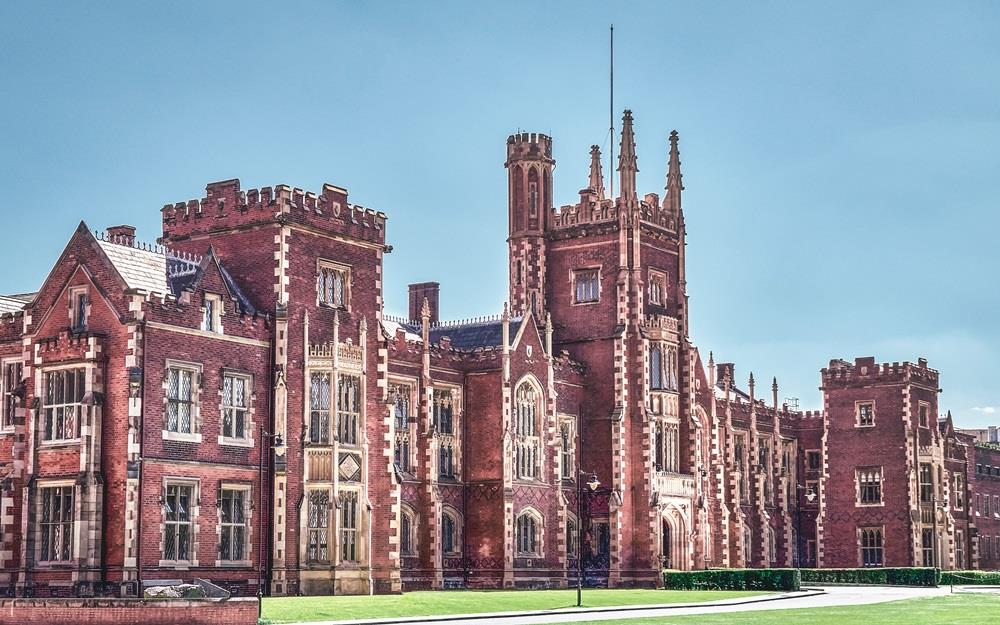How to apply to study maths in university
If you´re a lover of all things maths and you´re currently studying A-Level maths, perhaps you've thought about continuing your maths studies in university. If that´s the case, this blog can help you understand why you should study maths and what you need to do to apply for a maths course in university.
Why study maths in university?
There are a number of great reasons why you should study maths at university level.
- First of all, studying maths gives you essential skills which are transferable to a number of fields. When you study maths you improve your problem solving skills, logical thinking and the ability to notice patterns.
- When you study maths, you can open doors to a variety of fields for postgraduate study or your career. These can include finance, business, engineering, computer science, technology and teaching.
- The UK is home to some of the top universities in the world for studying maths. Studying in one of these universities can allow you to rub shoulders with top maths professionals and learn from the best, opening many doors for you as you embark on your career in maths.
Deadlines for applying for maths in university
The deadline for sending your UCAS university application for a maths course for 2024 entry is the 31st January 2024, unless you´re applying for The University of Cambridge or The University of Oxford as their application deadline falls in October.
It's important you've prepared your application well and reviewed it before this time. If you have a careers advisor in your school, it's a good idea to have them review your application and personal statement before sending so that they can make sure that the information is relevant and correct. If you´re applying outside of school, you can always set up a session with private tutors for career guidance.
Top UK universities for maths
According to the Complete University Guide, here are the top 10 universities where you can study maths in the UK:
- University of Cambridge
- University of Oxford
- Imperial College London
- University of Warwick
- University of St Andrews
- London School of Economics and Political Science
- University of Bath
- University College London
- The University of Edinburgh
- University of Bristol
However, you should remember that just because a university does not appear in the top universities, doesn't mean it's not a good university to attend or that the course isn´t worth your while. There are a number of things to consider when you choose a university, so you shouldn't let the university rating be the only deciding factor.

What grades do you need to study maths?
The average A-level grades you need to enter a UK university to study maths are AAB. However, these grades can range from BBC to A*AA, depending on your university of choice. Make sure that you take a look at the entry requirements of your top university choices well in advance so that you know what's expected of you and can prepare accordingly.
Writing your personal statement for UCAS
Writing your personal statement for your UCAS application can be tricky, especially if you're applying for various courses. As you can only write one personal statement, you need to ensure that it encapsulates all of the courses, and shows your passions and who you are as a person.
Below we´ve listed some tips for writing your personal statement:
- Before you start writing, plan the structure of your personal statement and what you want to get across.
- If you´re applying for different courses as well as maths, try to find a common ground between them so that you can focus your writing on this. Perhaps they have a common theme, or maybe you have a skill or experience that is applicable to both.
- Highlight why you´ve chosen maths and what excites you about studying this subject. Explain what you hope to achieve in studying this course.
- Talk about how your academic, work and life experiences, as well as skills and qualities, make you the perfect candidate to study this course. Without coming across as too overbearing, you want to highlight to the university admissions team that they need to have you as a student on this maths course.
- Make your personal statement memorable. The keyword in “personal statement” is “personal” - you should give the university admissions team a sense of who you are as a person and make your application stand out. You could add a short anecdote to your writing, provided that it´s relevant to what you´re applying for and adds something to your application.
- Have some friends and family read your personal statement. They can let you know if it flows well, if it gets your point across and if there might be any spelling or grammar in the text.
In conclusion, it's a good idea to consider the tips in this blog so you can start your UCAS application as soon as possible. If you need further assistance in completing your application, you could always seek the advice of a maths teacher in your school, a private maths tutor, or a careers advisor. Remember, your application should show that you´re a dedicated student and highlight your motivation and passion for your chosen subject. Good luck!


